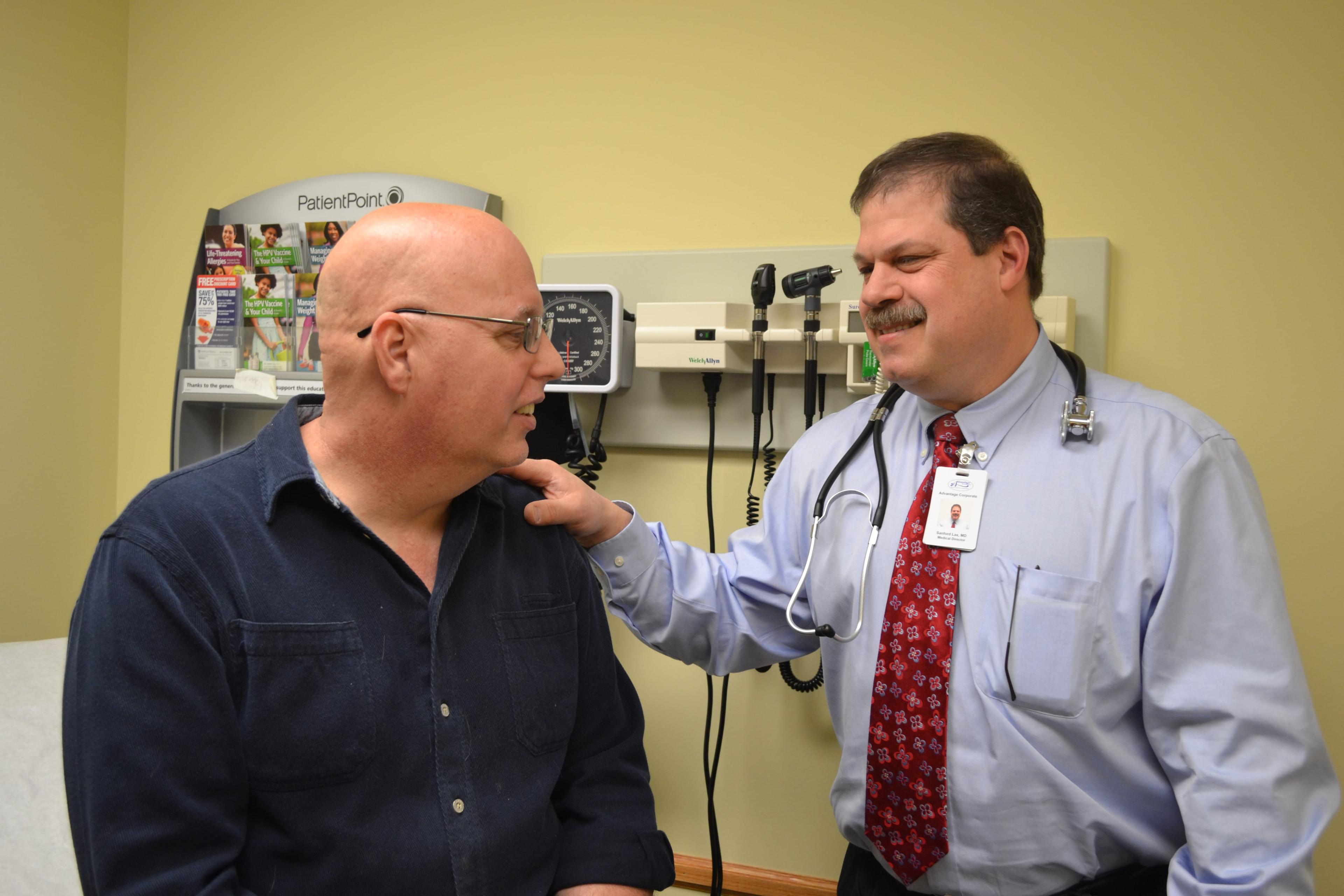
There are many different types of doctors and health care providers. Are you seeing each one regularly enough? To make sure you keep your health in check according to medical standards, as opposed to your own, it’s very important to schedule visits to the right doctors for you. Though 2015 is already under way, it’s not too late to schedule your doctors appointments for the year. Here are a few guidelines and suggestions for getting started: The Essentials:
- Internist or Primary Care Doctor: To know your baseline health, you have to start at square one. General physicians and internists can treat and manage your health according to the best standards, and can refer you to the right specialists, if need be. Establishing a good relationship with your primary care doctor should bring you peace of mind and a sense of direction on how to take control of your health. Schedule an annual check-up this year and ask your doctor how often you should visit depending on your health needs.
- Pediatrician: If you’re a parent, your child’s primary care doctor will typically be a pediatrician or family physician. An annual well-check for children is a must, as are one-time visits when your child is sick, or others if he or she has a medical condition. The National Institutes of Health has recommended guidelines for preventive care visits for infants and children, which include several within the first year of a baby's life.
The Specifics:
- Dentist: A dental appointment every six months is regular practice for the upkeep of your pearly whites.
- Dermatologist: Depending on your skin type and any conditions you may have, routine visits to the dermatologist may be helpful to keep your skin luminous and monitor for any potential problems (ie changing moles). Checking in with a dermatologist can help make sure your skin care routine is working and is a chance to discuss treatment options for medical or cosmetic needs.
- Optometrist: Your primary care doctor can usually identify serious vision issues, but if you wear glasses or have a chronic condition, scheduling an appointment with your eye specialist is important. The American Optometric Association has recommended vision screening guidelines based on age and health risk.
- Audiologist: Early detection of hearing problems can help diagnose and treat any conditions. Consult your primary care doctor about whether or not it may be helpful to visit an audiologist or have a hearing screening done.
- Gynecologist: For females, an annual visit to the OB/GYN is a must. This appointment allows your doctor to help manage changes in your health based on your age (such as menopause), monitor your risk for conditions including reproductive and breast cancers, and discuss family planning.
- Allergist: If you’re prone to seasonal allergies or think you may have an unidentified allergy, visiting an allergist could bring you some serious relief. Talk with your doctor to see if allergy testing may be right for you.
Before making any appointments, be sure to check which providers, tests and procedures your health plan covers. Some plans require a referral from your primary care doctor in order to see a specialist, and some tests and procedures may result in out-of-pocket spending if they are not covered. As with any medical procedure or evaluation, it is key to know what your health insurance covers. Use BCBSM’s Find a Doctor tool to assure you’re visiting a doctor that it will fit your healthcare coverage and financial means. Photo credit: A Healthier Michigan Looking for more on doctor visits and how to get the right care? You may also like these blog posts:






